I am using Mac for development. I installed Rust 1.13.0 using brew install rust and the Rust plugin 0.1.0.1385 for IntelliJ IDEA. I created my first test project with cargo and while opening it with IDEA I got the message
No standard library sources found, some code insight will not work
I haven't found any sources installed, nor the Rust sources package in Homebrew.
How do I provide sources for the project and what are the practical implication if I ignore this step?

